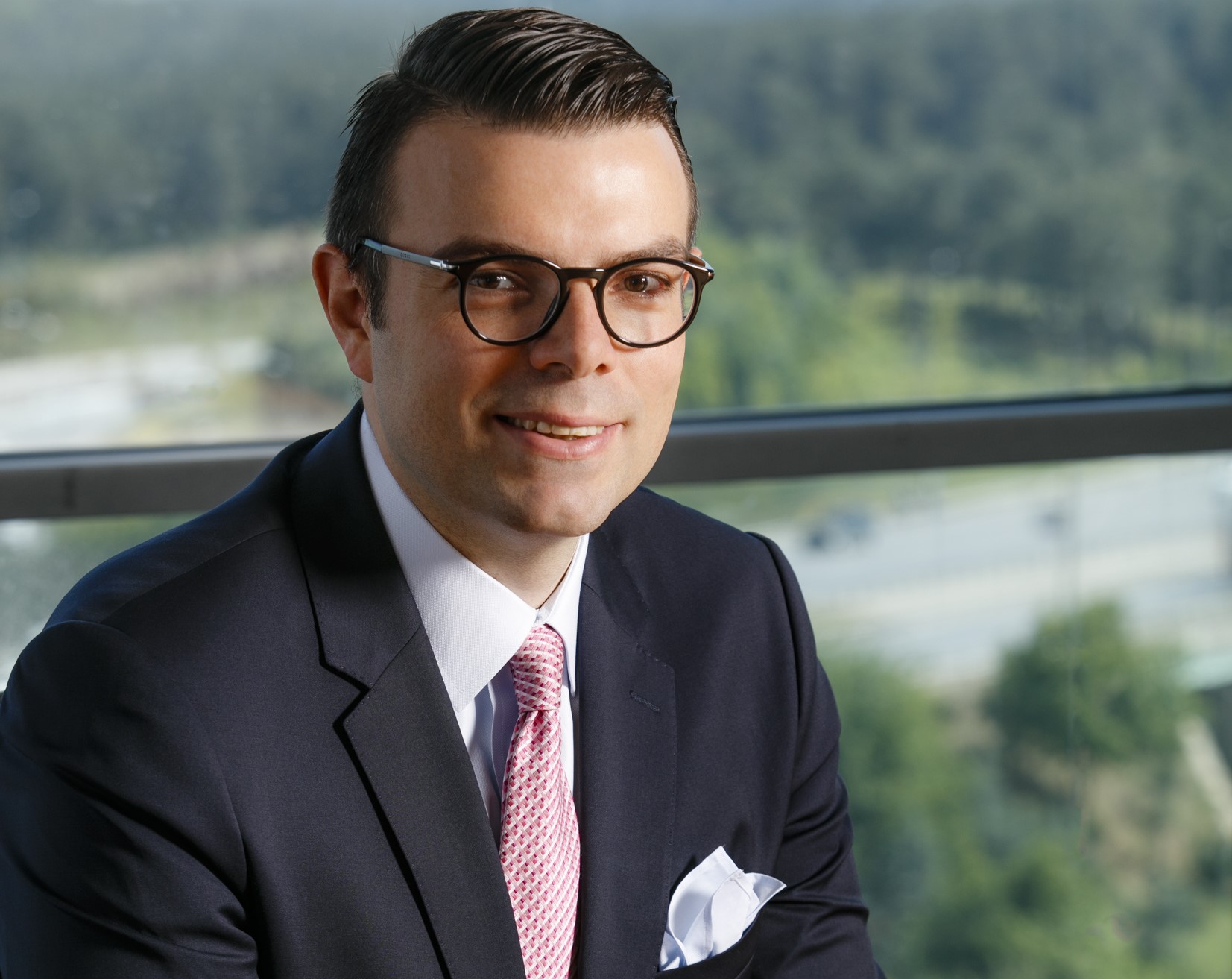The healing power of Türkiye, Abdi İbrahim, breaks new ground in the global pharmaceutical industry with Green Harmonization, a low-carbon packaging strategy launched as part of the HEAL2030 sustainability strategy. Pointing out that they aimed to minimize the packaging-related environmental impact of products through a three-phase Green Harmonization strategy, Abdi İbrahim Director of Corporate Affairs, Sustainability and Communication, Dr. M. Oğuzcan Bülbül, said: “At the first phase of the project, we broke new ground in the global pharmaceutical industry, developing an intuitive optimization algorithm powered by artificial intelligence as part of a university-industry partnership to reduce the Scope-3 emissions of our company. We built an algorithm that optimized the packaging sizes of more than half of the blister-packed products of Abdi İbrahim. This helped us save approximately 500 garbage containers of packaging by weight and reduce carbon emissions arising from packaging by 28% per box in 91 million boxes. We have retired wooden pallets roughly 6 Galata Towers high.”
Leading the Turkish pharmaceutical industry uninterruptedly for 21 years, Abdi İbrahim continues to take steps for a better future under the HEAL2030 sustainability strategy designed in the light of the Sustainable Development Goals of the United Nations. Low-carbon packaging strategy “Green Harmonization” is one of the key steps of Abdi İbrahim, a company that has developed a wide range of projects under HEAL2030, a strategy designed with the primary objective of “Healing the Future” and creating more value for its stakeholders by using less resource.
“Green Harmonization”, one of the unique projects in the environment category of the the HEAL2030 strategy, takes form over three phases: “Shrink – Switch – Recycle”.
Energy saving equal to annual power consumption of 150 households
At the first phase titled “Shrink” of the Green Harmonization strategy, Abdi İbrahim revolutionized the global pharmaceuticals industry by developing an algorithm to minimize the Scope 3 emissions of the company with minimum investment cost. Developed in a university-industry project, this AI-based heuristic optimization algorithm has made it possible to manufacture the same amount of medicine using less packaging and less resource. Significant gains have been made in production of 26 blister-packed products licensed by Abdi İbrahim by retiring some molds used for production, reducing some of them to a single mold, and introducing optimization outputs that can be summarized as a certain amount of new molds and new line routing suggestions. Making the production lines more efficient, these new practices creates an additional capacity of 6 weeks, saving 179 tons of packaging, reducing carbon emissions by 28% per box, saving as much power as 150 households’ annual power consumption, decommissioning 2,500 wooden pallets, avoiding 90 kg of production waste, and saving €1 million per year.
University-industry partnership for the second phase
“The key objective of our strategy in the environment category is to become a carbon-neutral company by 2030,” said Dr. M. Oğuzcan Bülbül, the Director of Corporate Relations, Sustainability and Communication, Abdi İbrahim. “In this context, we are launching many projects around innovation, digital transformation and sustainability to minimize our impact on the environment and for a better future. The second phase of our project, namely “Switch”, involves a switch to packages with biodegradable polymer content which causes less carbon emission.
The third phase of our project, which we call “Recycle”, requires new regulations to be implemented, and aims to recycle to the economy our products made with biodegradable packaging at the stage of disposal, and to contribute to the circular economy in the pharmaceuticals industry.
As a deep-rooted company of 111 years and bearing the responsibility of leading the Turkish pharmaceuticals industry for 21 years, we are marching towards our goal of creating more value using less resource. We are also working hard to become a part of the global green transformation process.”


